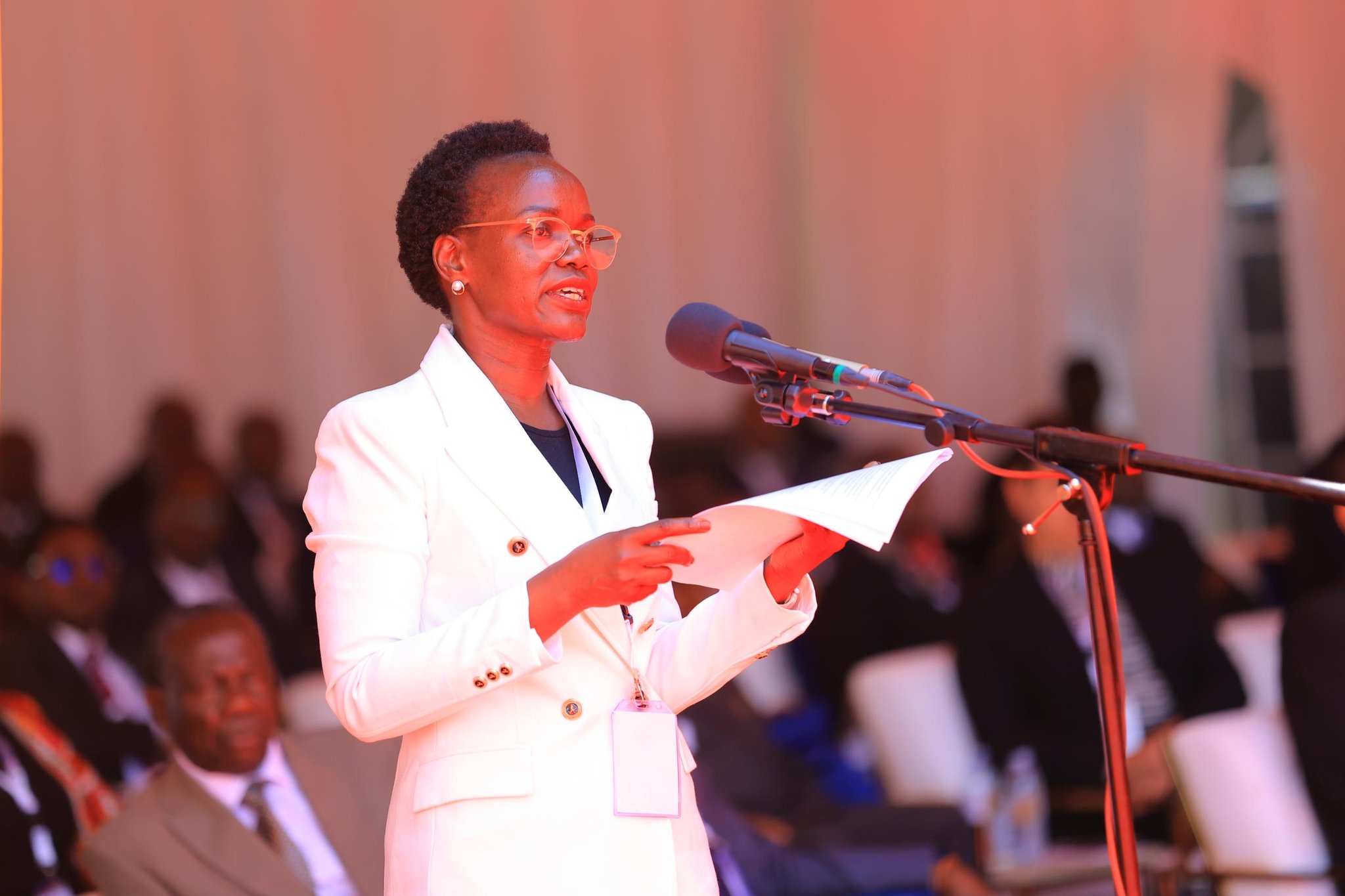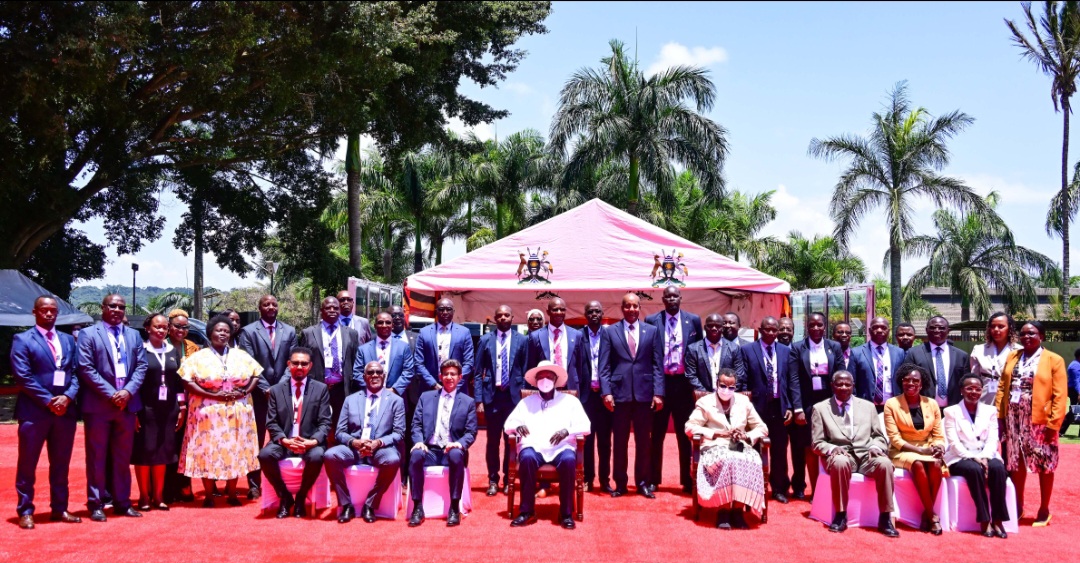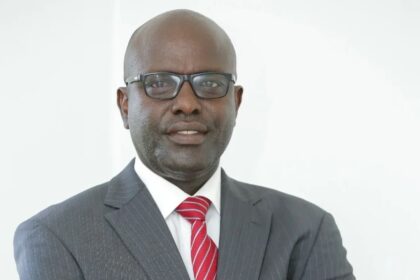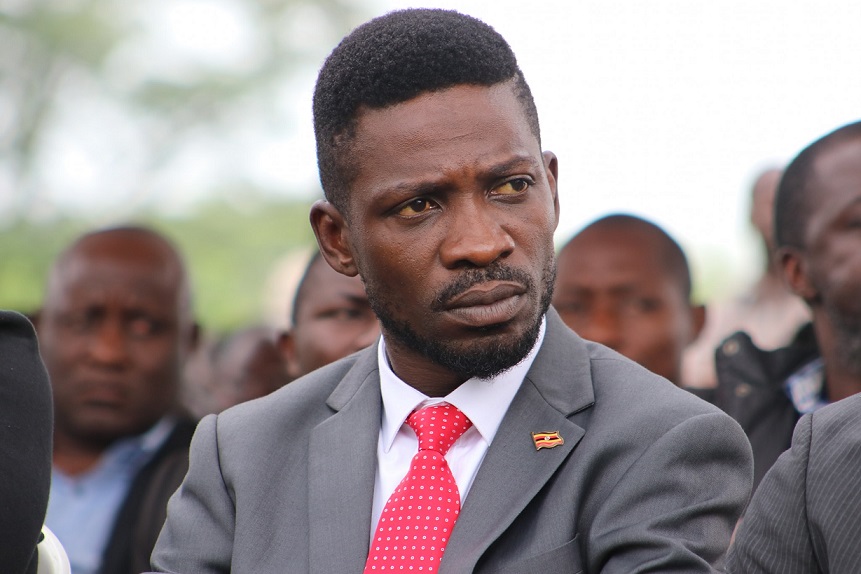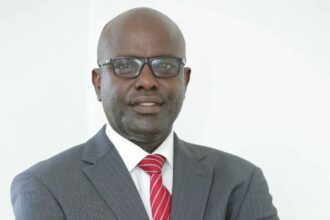Speke Resort Munyonyo on Monday hosted the opening of the two-day Uganda Development Finance Summit, where Dr. Patricia Ojangole, Managing Director of the Uganda Development Bank (UDB), explained the advantages of development banks if all African countries were to adopt them. She urged leaders of African nations to strengthen their national development banks (NDBs) as a foundation for inclusive and sustainable development.
The summit, convened under the theme “Transforming Africa Through National Development Financing Architecture,” has drawn government leaders, diplomats, private sector executives, and continental development finance practitioners. It aims to generate strategies for mobilizing resources and strengthening financial institutions to drive Africa’s industrialization and resilience.
In her opening address, Dr. Ojangole said Africa’s vast natural and human capital continues to yield less than its potential due to fragile financial systems. She warned that overdependence on commercial lending and external funding leaves the continent exposed to shocks and unable to finance priority sectors.
“Building resilient, inclusive, and nationally anchored financial systems is essential,” she stressed. “National development banks are the missing link in closing financing gaps in agriculture, manufacturing, and infrastructure sectors that hold the key to Africa’s transformation.”
She noted that while commercial banks in Uganda allocate nearly half their credit to real estate and consumption, agriculture and manufacturing combined receive less than a quarter. “This is why development banks matter. They exist to channel financing where it drives real GDP growth and jobs,” she said.
Dr. Ojangole credited Uganda’s decision to restructure, rather than dissolve, UDB in the 1990s, a choice she said has enabled the institution to channel over 80% of its lending into high-impact sectors. She also emphasized that NDBs must pioneer climate finance, back digital transformation, and innovate with blended financing tools to attract private capital.
Finance Minister Matia Kasaija, addressing the gathering, reaffirmed Uganda’s vision to grow its economy from USD 50 billion in 2023 to USD 500 billion by 2040, anchored on agro-industrialization, tourism, mineral-based industries, and ICT. He said UDB will remain central to this ambition. “Our growth targets require heavy investment. National development banks, with their ability to mobilize long-term capital, will play a critical role in achieving this vision,” he noted.
Meanwhile, the two-day summit will feature panel discussions and technical sessions on industrial policy, commercialization of agriculture, climate financing, youth employment, and Africa’s competitiveness in global trade. Delegates are also expected to deliberate on strengthening collaboration among African NDBs to scale up financing for continental priorities such as infrastructure and value addition.
Do you have a story in your community or an opinion to share with us: Email us at Submit an Article



